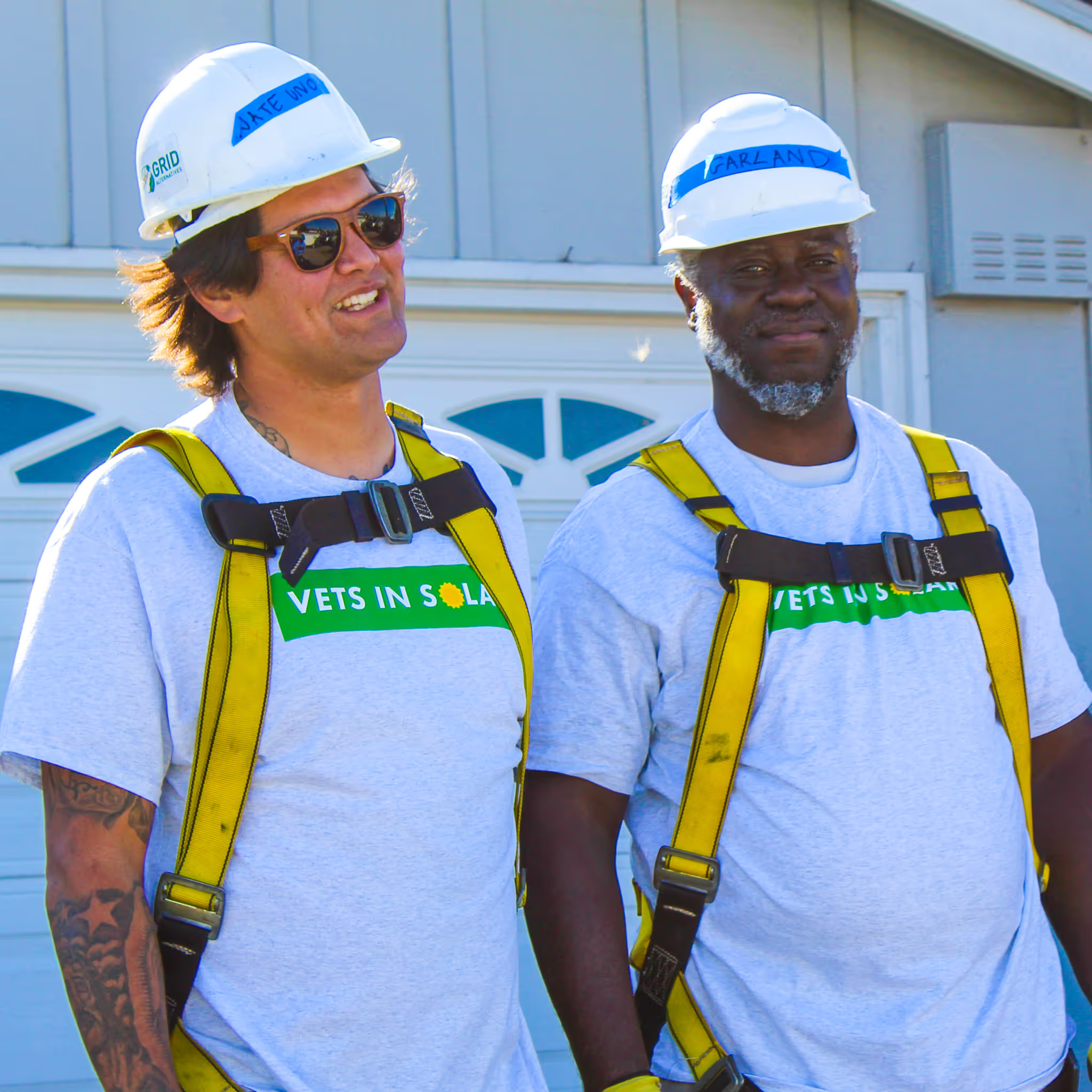Myths and Stereotypes About Veterans
- All veterans are in crisis.
- All veterans have post-traumatic stress disorder and/or substance use issues.
- All veterans have served in combat.
- All veterans have access to the VA healthcare.
- All veterans are homeless.
- All veterans want to be thanked for their service.
Common Identifiers
While it is important to avoid stereotyping veterans, there are common identifiers that may help you avoid negative interactions and instead build rapport and establish a trusted relationship with veterans:
- Tattoos are very common within the veteran population: Memorial tattoos among veterans and families, as well as “meat tag” tattoos—a tattooed copy of vital identifying information.
- Clothing, pins, or bumper stickers can identify the veteran’s branch and/or unit.
- While more or less commonplace in certain parts of the US, veterans may use formal and polite speech during everyday interactions (they may address you as “ma’am” or “sir”).
- Cursing can be a huge part of the vernacular within this community. It’s not meant to be directed at anyone or be disrespectful.
- Our assumptions can inform how we treat and interact with veterans. Thus, starting and maintaining conversations with a veteran is dependent on an understanding of the veteran population. We may assume a veteran is older, only served during wartime, has a disability, and is a man. The reality is that veterans cross all demographic lines and are growing in diversity.
The Complexity of Self-Identifying
Not everyone who was in the military self-identifies as a veteran. Veterans themselves may make the same false assumptions as their civilian counterparts and those false assumptions can affect how they perceive themselves. They may think that one has to have served in combat or been wounded to be a “veteran.” They may simply associate the term “veteran” with a much older person than themselves and may not consider it part of their primary identity. Consequently, they may not want to reveal their veteran status because of their own stereotypes. Therefore, in order to determine veteran status, it is recommended that you ask, “Were you in the military?” rather than, “Are you a veteran?” Having been in the military is a simple historical fact, is more likely to elicit an affirmative response, and may have implications for your care approach worth exploring.






